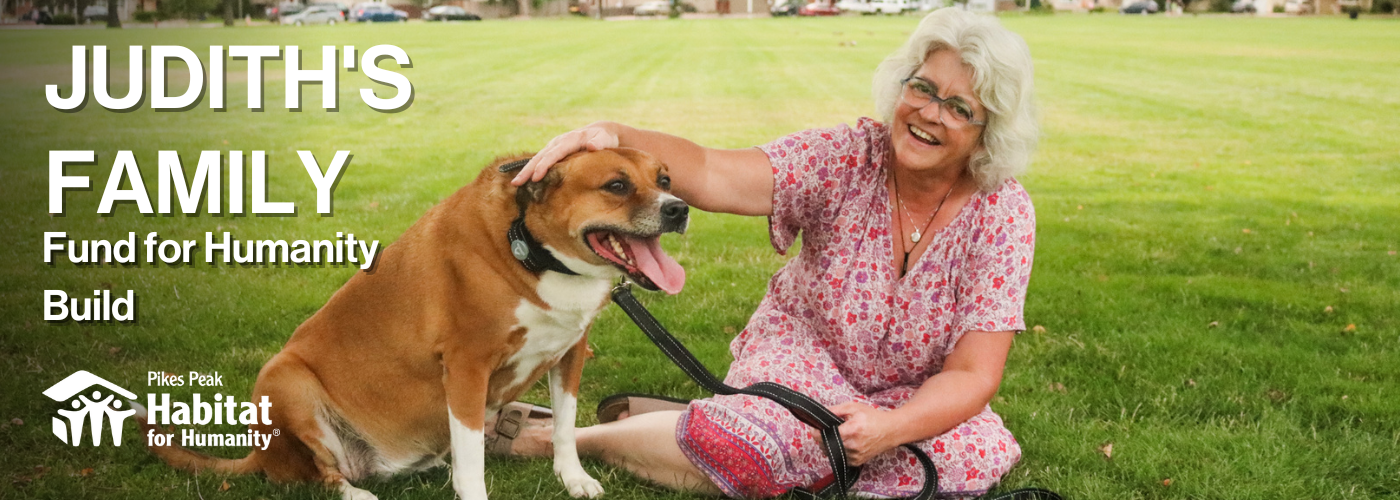
Judith's Family Story...
Judith was born and raised in Germany and met her now ex-husband when he was stationed in the military there. They moved to the United States in 1990. She has two sons (her youngest son passed away in June 2021) and six grandsons.
The apartment where Judith lived before learning about Habitat had mold in the bathroom, poor heat in the second bedroom that she used as a work-from-home office, a stove that didn’t work properly, and the property was not maintained well. It was a high-crime area where shootings and police activity happened weekly. Because of escalating rent, Judith wanted to purchase a house on the open market, but house prices were rising, too, and she couldn’t compete with buyers who could purchase homes quickly with cash. Fortunately, Judith qualified for the Habitat program.
In November 2021, Judith became ill with COVID-19 and was hospitalized. Once she returned home and felt well enough to be active again, she began working on her Habitat home. She fulfilled her 200 “sweat equity” hours by working with the Habitat construction crew and volunteers, as well as helping in the PPHFH business office. Now that her home is finished, Judith has moved into a safe and healthy environment.
Judith shared words of gratitude for the donors and volunteers that will help build her home, “Thank you is not enough to express my gratitude to each and everyone who makes this possible.”
About the Fund for Humanity
Created in 1968 and predating the establishment of Habitat for Humanity International, the Fund for Humanity began as the method of accomplishing partnership housing at Koinonia Farm. The concept centered on those in need of adequate shelter working side by side with volunteers to build decent, affordable houses. The houses would be built at no profit. New homeowners’ house payments would be combined with no-interest loans provided by supporters and money earned by fundraising to create “The Fund for Humanity,” which would then be used to build more homes.
Today, The Fund for Humanity refers to a collection of funding sources, including capital from loan sale programs, loan payoffs, monthly Habitat mortgage payments, unrestricted fundraising, and net proceeds from the ReStore.
